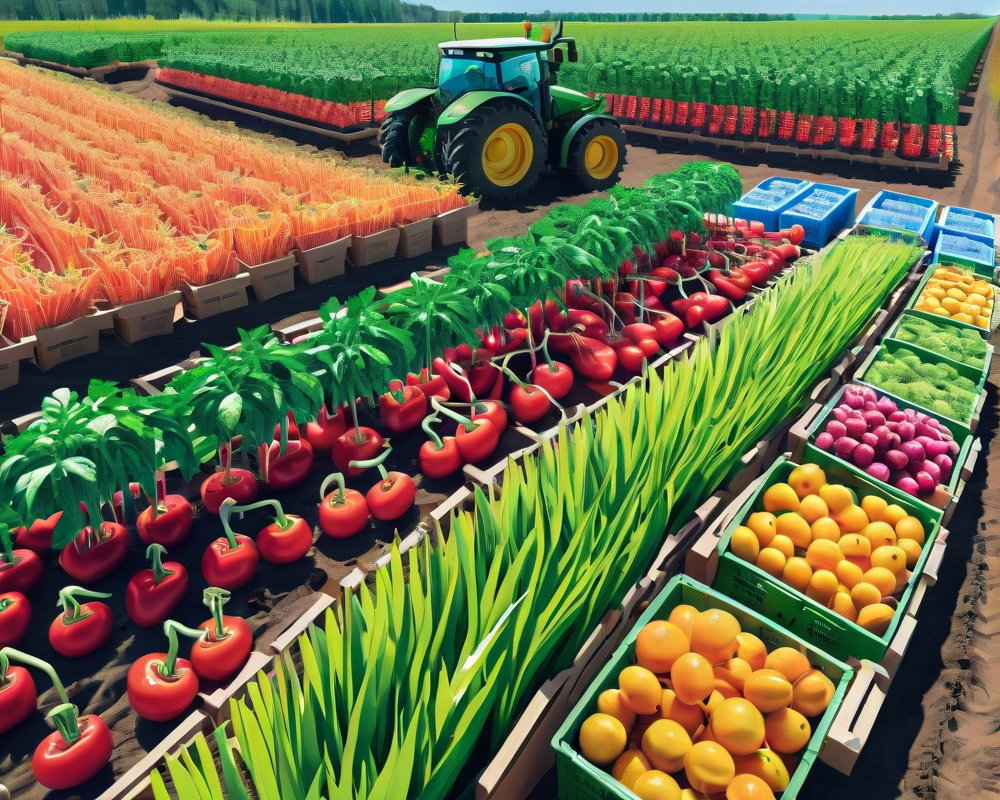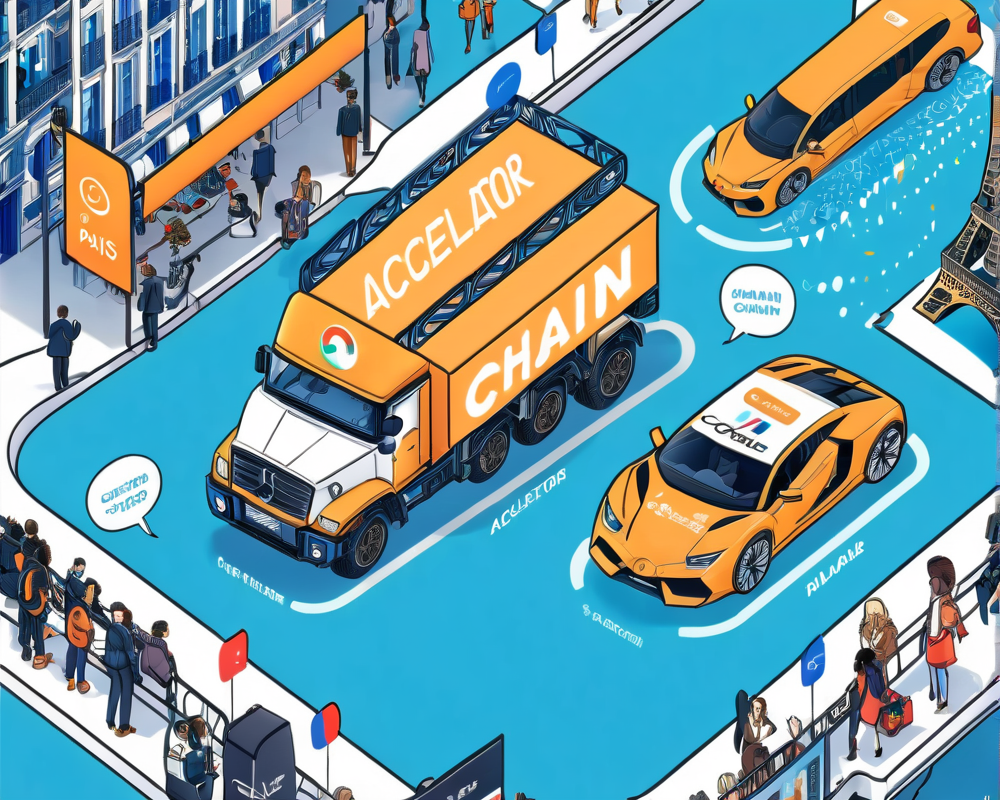The Agricultural Sector Needs a Makeover
Agriculture is one hefty industry, filled with a good deal of drama — think soap opera meets documentary. Farmers and retailers often find themselves tangled in a web of intricacies that resemble a recipe gone wrong. Payments get tangled, product authenticity becomes a joke, and when the demand goes international, everyone’s got their work cut out for them. Enter blockchain: the knight in shining armor, or at least in a very techy hoodie.
Blockchain for Transparency and Traceability
One of the most dazzling features of blockchain is transparency. It’s like turning on a floodlight in a dimly lit fridge after a midnight snack run. Consumers are more concerned than ever about where their food comes from. Thanks to blockchain, shoppers can dig deep into the history of their groceries. Take Carrefour in France for instance; they’ve introduced a blockchain that lets customers know every little detail about their free-range chickens — from when that chicken decided to lay its eggs to the farm it’s from!
Learning from Past Mistakes
And it’s not just the discerning consumer who benefits from this transparency. In light of past scandals—oh hey, horsemeat in beef products—suppliers are now racing to win back consumer trust. Kelly Registration Systems is debuting their own blockchain-based system to lasso in the meat-producing chaos in the U.S., making food tracking as straightforward as ordering pizza. As CTO Stuart Edmondson put it, “utilising blockchain technology gives producers the opportunity to streamline their protein tracking and make it extremely accessible and transparent.” Talk about beefing up security!
Government Initiatives: Opening Doors
Governments aren’t just standing back and watching the blockchain revolution; they’re jumping on the train too. Down under in Australia, the Sustainable Sugar Project just snagged A$2.25 million to improve sustainability using blockchain. The Minister for Agriculture is optimistic, noting that a little tech savvy could lead to higher payments for farmers embracing sustainable practices. Meanwhile, China is making moves too, with the Agricultural Bank of China issuing its first loan on blockchain for about $300,000. Who knew money and sugar had so much in common?
Investments in Innovation
Investors seem to find blockchain as tantalizing as dessert. Square Peg Capital just dished out $5.5 million to Agridigital, an Australian startup aiming to untangle supply chain finance. It turns out, this $5.5 million is being used to upgrade archaic supply chains, allowing for speeds that rival a cheetah on espresso. With over 1.6 million tonnes of grain processed, this private blockchain is making waves!
The Mixed Bag of Blockchain
Despite all the hype, there are bumps on the blockchain road. CSIRO’s Data61 is waving a little red flag, highlighting concerns over ‘toxic data’ and the high price of smart contracts. Plus, with so many devices involved, there’s fear of manipulation and “hackers gonna hack.” There’s also the worry that if one link in the chain breaks, the entire system could buckle under pressure. Sounds a bit like a bad reality show, doesn’t it?
The Future: A Cautionary Approach
Experts advise a cautious embrace of this promising technology, urging us to be realistic about its timeline. It may take three to five years before we start seeing the real benefits on a large scale. But the good news? Blockchain is not going anywhere. So while it might still be on the dating scene, the outlook appears sunny for this tech. After all, even in agriculture, it’s all about making good connections.




